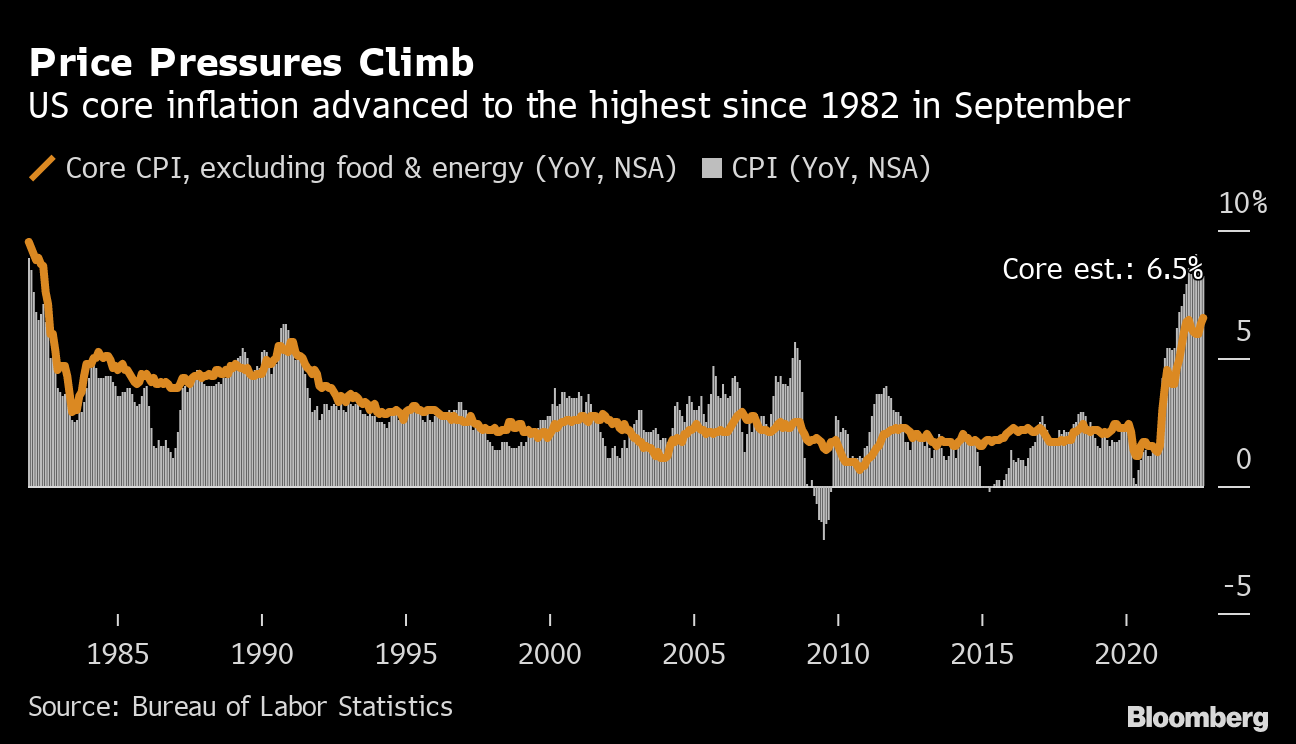Beijing antitrust authorities took so long to review an Intel Corporation acquisition for $5.4 billion that the American chipmaker ultimately gave up. Now, the nation may attempt to sabotage a transaction almost twelve times larger by using the same tactic against another American semiconductor company.
Chinese officials are considering whether to postpone approving the $69 billion acquisition of cloud computing company VMware by American chipmaker Broadcom, according to the Financial Times, which quotes three unidentified people with knowledge of the situation. The action may be taken in response for the Biden administration’s earlier this week imposition of tighter restrictions on semiconductor shipments into the nation.
In order to eliminate a loophole that allowed Nvidia and Intel to keep selling AI processors to the Chinese market, Washington changed its export rules on Tuesday. Even certain non-AI-focused chips, such as the best gaming processors from Nvidia, are no longer allowed for sale due to the new regulations.
It is said that Beijing is unlikely to formally obstruct the agreement. Rather, authorities could continue the procedure indefinitely until both sides give up.
If that transpires, the plan would be similar to a previous, smaller transaction involving an American chip manufacturer: Intel’s proposal to pay $5.4 billion to acquire Israeli chip company Tower Semiconductor.
The American corporation thought that by acquiring Tower, it would advance its strategy to become a contract chip producer, similar to Taiwan Semiconductor Manufacturing corporation. However, Chinese authorities kept reviewing the sale; Intel CEO Pat Gelsinger even visited the nation in an unsuccessful attempt to appease regulators. In August, Intel finally gave up on the idea and paid a $353 million termination fee.
A request for comment was not immediately answered by VMware or Broadcom.
Regarding whether Chinese clearance for the deal would be required, Broadcom declined to confirm with the Financial Times. However, if the parties to a contract bring in more than $55 million in income from China, big multinational corporations—regardless of their nationality—must submit the agreement to China’s State Administration of Market Regulation (SAMR) for anti-monopoly clearance.
For its most recent fiscal year, Broadcom claimed $33 billion in revenue, with sales to China and Hong Kong accounting for almost 35% of that total.
$12.9 billion was made by VMware in its most recent fiscal year. The cloud provider does offer a more detailed breakdown by nation or area, although slightly over half of its income comes from non-US markets.
Beijing could be opposing US export restrictions right now by using the merger clearance procedure. The Wall Street Journal reported in April that the SAMR has questioned businesses with transactions under consideration about whether they will sell products in China that are also available in other countries. This is probably a reference to goods that are prohibited from being sold to Chinese corporations under U.S. legislation.
The United States blocked a proposed $100 billion agreement for Broadcom to purchase Qualcomm, a rival semiconductor company, in 2018.
National security concerns were raised by Trump administration officials about Broadcom—which at the time had its headquarters in Singapore—purchasing a sizable portion of the American semiconductor sector. Since then, Broadcom has moved its headquarters to the United States.
Hock Tan, the CEO of Broadcom, is known for being a relentless cost-cutter and a serial consolidator.
Speaking on the company’s most recent earnings call in September, the Malaysian CEO allayed worries that China may obstruct his acquisition of VMware.
Tan said, “I made those specific notes or remarks on regulatory approval,” in response to an analyst who pressed him for a definitive response about Chinese approval. I would like you to look it over and consider it, and then let’s end it there.”
Although its primary industry is the manufacture of chips, Broadcom is expanding to incorporate software. Should the agreement with VMware go through, it would give the business a presence in the cloud computing space.
Tan stated in a post that shortly followed the announcement of the VMWare merger that Broadcom will be able to “be a new participant in the multi-cloud era, and VMWare will be the flagship of our combined software offerings.”

